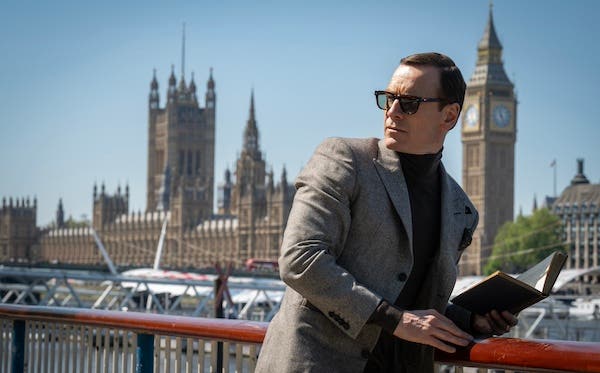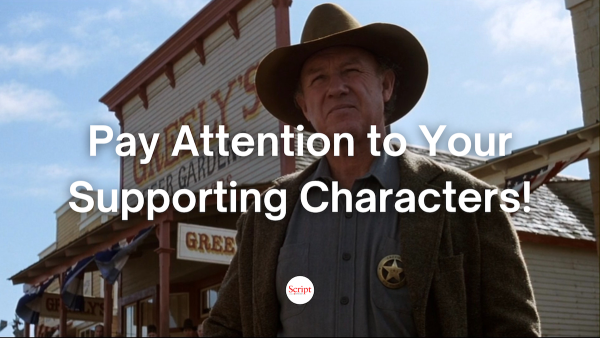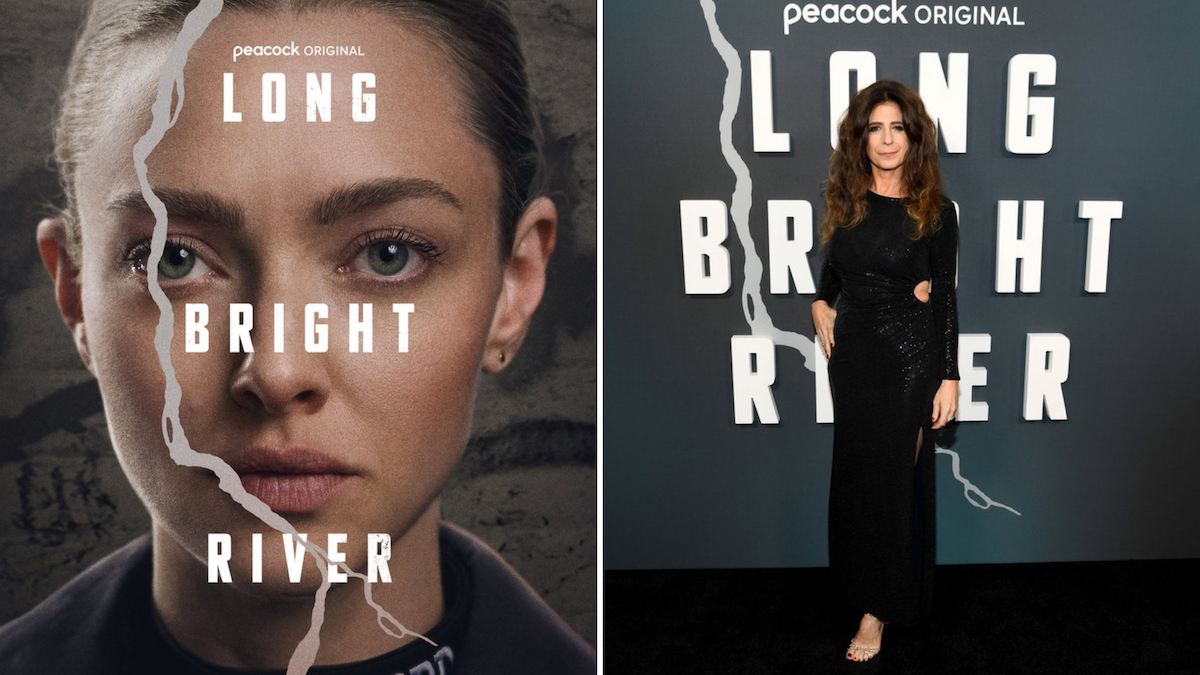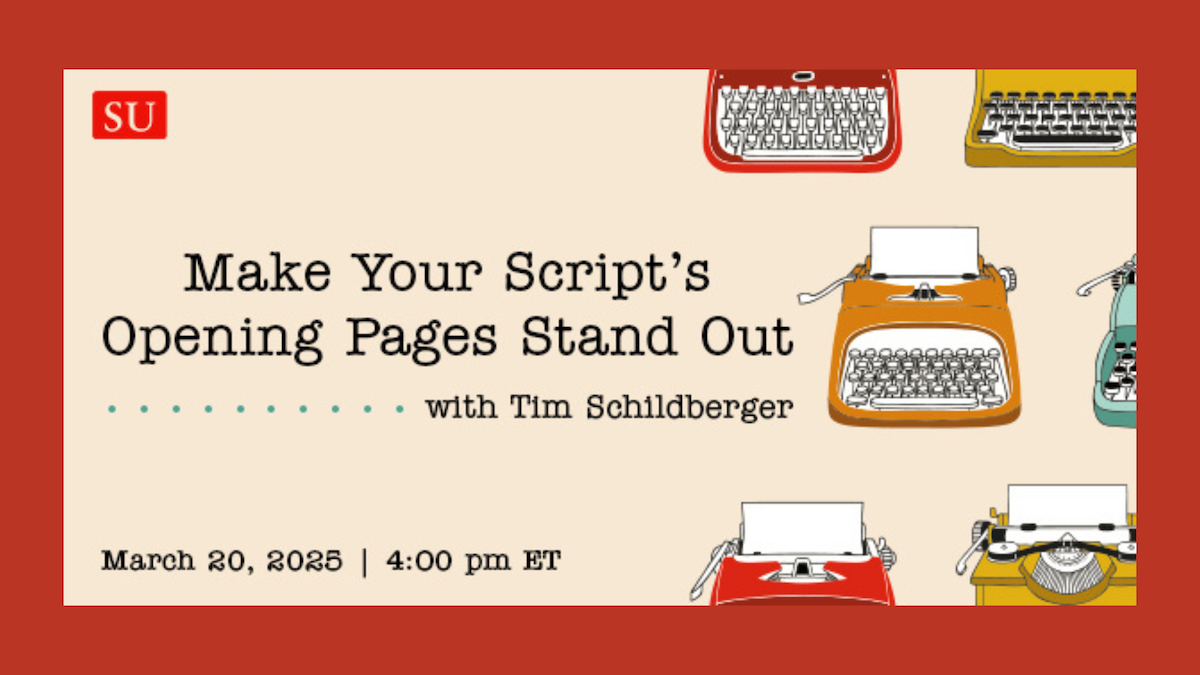Historical Storytelling: How to Master Your Craft for a Genre Audiences Love
By E.K. Prescott, Ph.D. From my perspective as a viewer and historical fiction writer, the hot trend in entertainment right now is storytelling that makes history and historical periods come…
By E.K. Prescott, Ph.D.
From my perspective as a viewer and historical fiction writer, the hot trend in entertainment right now is storytelling that makes history and historical periods come alive. Below are a few examples demonstrating audiences’ current affinity for history as a means of entertainment.
- The award winning HBO series Boardwalk Empire focuses on the early 20's and the rise of powerful organized crime groups through bootlegging (caused by the Volstead Act), plugging in historical events as they arise within the story.
- The popular History Channel Vikings series also takes great pains to authenticate the Viking time period in Norway . The attention to detail makes the unique people and history come alive.
- In our recent past, two Borgia historical series looked at a specific corrupt Catholic Pope's reign in 1497, and The Tudors popular series was based on the reign of King Henry VIII.
So if you love historical storytelling as much as I do, there’s no time like the present to master your craft. Writing and researching history for entertainment purposes requires the writer to wholly immerse themselves into the time period to the point where everything the reader can imagine seeing, feeling, smelling, hearing, etc embeds them within the time period of the story.
There’s History, and Then There’s Historical Fiction
Historical writers and directors need to understand the difference between a historical biography which is truth, supposedly, and historical fiction which is historically true but with a fictional story. This viewpoint has a big impact on how you approach the story. I find when writing historical fiction many readers want the story to do more than it is suppose to do. For example, the movie Argo is historical fiction, which is mostly true with a literary license to create a fictional ending. Some readers of my book, The Ivy League Chronicles: 9 Squares, want the book to do something that it is not meant to do; the point of the story is to tell the historical implication when we voted in a shadow government by allowing the Federal Reserve Bank and the Council of Foreign Relations created and governed by the ruling elite.
The Importance of the Pre-Writing Phase & Letting Yourself Ruminate
As part of my West Coast book tour early this year, I presented a series of workshops in various cities on how to write historical fiction, including one at The Writers Store in Burbank . As I started to prepare for them, my mind quickly reverted back to the first time my publisher read my book. She asked me, "How did you write such a good book?” I never really found a quick answer. Now when preparing for the seminars and webinars and analyzing what I did to write a good historical fiction novel, I went back to the early days before a plot, before the characters, and before a murder. I went back to the time I sat with the archaic paper and pencil and doodled my thoughts. Being an educator who taught English in high school and a professor who instructs teachers on how to teach writing, it was not that difficult to know the steps to produce a good piece of writing.
I find many writers do not understand the power of ruminating and spending time at the pre-writing phase. I call these the “Golden Years” – the time in the evolution of the book you spend fertilizing your ideas. Thus before writing a historical piece, I suggest everyone needs to take the time to research!
Historical Storytelling: Getting Started with the Research
I have a few suggestions to help you get started researching history:
1. Choose a time period in which you resonate. I chose the word resonate for a reason: a period that evokes a feeling. I feel the 1920s. It excites me to learn all about the twenties and I love to read anything about that decade. Thus, whatever time period or place in the world you resonate with – that is where you should start researching.
During my ruminating period, I brainstormed about what history I most enjoyed and the WHY. The WHY is key to your researching. WHY are you researching this era? If you do not create personal meaning for your selected time period, the depth of research which is crucial for a successful historical story will decline as the plot moves forward.
2. Number one supports my initial golden rule belief: Always do thy own research. The researching act itself is personal and moves with your interests. If you have someone else do it, it is their interests that you are recalling and the story lacks the depth that makes the difference between a good historical story and a great historical story.
3. You are never finished researching – even when you are in the midst of writing your story. For example, I wanted to write a scene where two characters went to an elitist lunch on The Green, a historically significant park and recreation area in downtown New Haven , Connecticut . As I began to think of how to situate this scene, I realized that during this time period there was no air-conditioning and it was during prohibition – no drinking allowed. I had to take a step back and research about when air-condition began and how did they eat in the heat since it was in the dead of summer in Connecticut . I had to go back to my sources. What did I find? In a nutshell, that buildings were built a certain way to help keep them cool as well as the use of all kinds of fans and shades. And, although it was illegal to drink, many restaurants paid off all the legal entities and served drinks with unusual names like the Mary Pickford, and that air-conditioning had been newly invented but started in theaters first. These details alone gave the chapter a rich historical ambiance.
Interested in tapping into audiences’ newfound yet age-old love of tales that recount true events? Start with the research and let your story write itself from there.
~~~~~~~~~~~~~~
About the Author: E.K. Prescott, Ph.D., writing professor and author of The Ivy League Chronicles
E.K. Prescott, Ph.D., has been an educator for almost 30 years. Her new fictional mystery, The Ivy League Chronicles:9 Squares, is filled with historical facts and events that were very real in New Haven , CT in the 1920s. She connects with her fans on Facebook.com/EKPrescottWritesMystery, on Twitter @ekprescottwrite, and on her blog. On Wednesday, July 24, 2013 , Dr. Prescott will teach an online seminar on historical fiction writing – visit the event webpage to register.
For more tips, check out E.K. Prescott's webinar at The Writers Store
Learn writing strategies to make history come alive!
REGISTER NOW
Top screenwriting and film publication, founded in 1989, published by Active Interest Media. Twitter: @scriptmag





